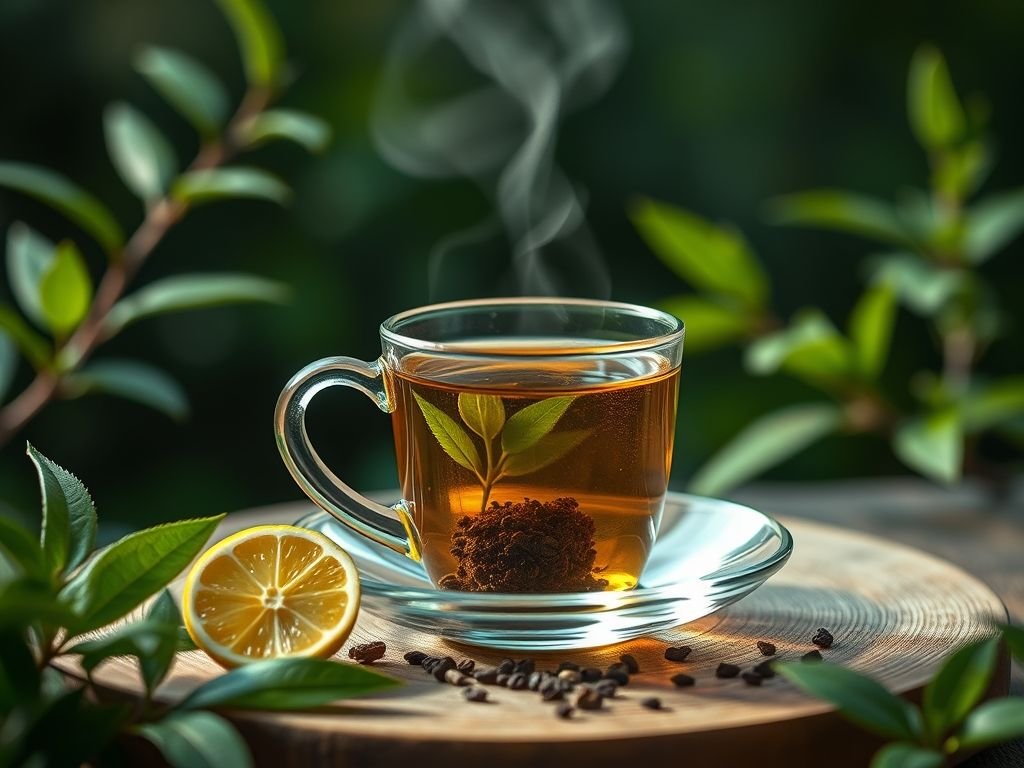Understanding Tea for Stress Relief
Tea for stress relief refers to various herbal and traditional teas known for their calming properties and ability to alleviate stress and anxiety. These teas often contain natural ingredients that promote relaxation, support mental clarity, and improve overall well-being. In this article, we will explore the different types of teas, their benefits, and how they can be integrated into daily life to help manage stress effectively.
The Importance of Tea in Stress Management
In a fast-paced world filled with numerous stressors, finding effective ways to manage stress is crucial for maintaining mental and physical health. Tea has been used for centuries in various cultures as a natural remedy for stress relief. The ritual of brewing and sipping tea can also serve as a meditative practice, allowing individuals to take a moment to pause and reflect. Understanding the significance of tea in stress management not only highlights its historical relevance but also its practical applications in contemporary life.
Types of Teas for Stress Relief
- Chamomile Tea: Known for its soothing properties, chamomile tea is often consumed before bedtime to promote relaxation and improve sleep quality.
- Lavender Tea: Lavender is famous for its calming aroma, and drinking lavender tea can help reduce anxiety and promote a sense of tranquility.
- Green Tea: While it contains caffeine, green tea also has the amino acid L-theanine, which can enhance relaxation and focus without causing drowsiness.
- Passionflower Tea: This herbal tea is known to help alleviate anxiety and improve sleep, making it a great choice for those dealing with stress.
How Tea Works to Alleviate Stress
The efficacy of tea in relieving stress can be attributed to its unique blend of compounds. Many herbal teas contain antioxidants and other beneficial phytochemicals that interact with the body’s systems to promote relaxation. For instance, L-theanine found in green tea helps increase the production of calming neurotransmitters, such as serotonin and dopamine. Additionally, the act of drinking tea itself can be a calming ritual, providing a moment of mindfulness and peace.
Practical Applications of Tea for Stress Relief
Integrating tea into your daily routine can be a simple yet effective way to manage stress. Here are some practical applications:
- Morning Ritual: Start your day with a cup of green tea to boost mental clarity and prepare for the day ahead.
- Midday Break: Take a moment during your lunch break to enjoy a cup of chamomile or lavender tea, allowing yourself to unwind and recharge.
- Evening Routine: Incorporate herbal teas into your evening routine to signal to your body that it’s time to relax and prepare for sleep.
- Mindfulness Practice: Use the preparation and sipping of tea as a mindfulness practice, focusing on the flavors and sensations to ground yourself in the present moment.
Common Questions About Tea for Stress Relief
As interest in tea for stress relief grows, many people have questions about its use and effectiveness. Here are some common inquiries:
- Can tea replace medication for anxiety? While tea can be an effective complementary approach to stress management, it is important to consult with a healthcare professional for serious anxiety disorders.
- What is the best time to drink stress-relieving tea? Drinking tea throughout the day can be beneficial, but consider chamomile or lavender tea in the evening to enhance relaxation.
- Are there any side effects to drinking herbal teas? Generally, herbal teas are safe, but individuals should be aware of potential allergies or interactions with medications.
Understanding how tea fits into the broader context of natural health and herbal medicine is essential. Here are some related concepts:
- Aromatherapy: The use of essential oils to promote relaxation can complement the benefits of tea.
- Meditation: Incorporating tea into meditation practices can enhance the experience, creating a calming atmosphere.
- Herbal Supplements: Many herbs used in teas are also available in supplement form, providing alternative ways to access their benefits.
Conclusion: Embracing Tea for Stress Relief
Incorporating tea into your daily routine can be a simple yet powerful tool for managing stress. By understanding the various types of teas, their benefits, and practical applications, you can enhance your overall well-being. Remember, the journey to stress relief is personal, and exploring different options is key. So, why not brew a cup of your favorite tea today and take a moment for yourself? Reflect on how this small act can contribute to your stress management strategy.
As you explore the world of tea for stress relief, consider how you can implement these practices into your daily life for greater peace and mental clarity.

